11 questions with TOMRA Sorting Mining on sustainability, health & safety, and the mining industry
 May 19,2017
May 19,2017

 JLKJ
JLKJ
11 questions with TOMRA Sorting Mining on sustainability, health & safety, and the mining industry
Who are you and what is your role with TOMRA Sorting Mining?
TS: I am an experienced senior leader with more than 35 years’ experience
working for leading global providers of mining equipment, solutions and all
relevant services. I have worked for companies such as Metso Minerals OY and
prior to that Svedala Industri AB. Since 2012 I have been head of TOMRA Sorting
Mining.
Describe in your own words what TOMRA Sorting Mining is and how
does it serve the mining industry?
TS: TOMRA is a company driven by innovations exploring the possibilities of
using new, or established, technology already used for other purposes in
several sectors such as recycling, food and the mining industry just to list a
few. Our offering to the mining industry enables it to perform in a more
efficient, sustainable and profitable way than the traditional methods of
extracting minerals allowed for.
TOMRA Sorting Mining designs and
manufactures sensor-based sorting technologies for the global mining industry.
Our systems deliver dry material separation of various ores and minerals,
including diamonds and industrial minerals, in addition to enabling metal
recovery from slag. Numerous TOMRA Sorting Mining systems have been installed
worldwide, each contributing to extending the lifetime of mining operations and
increasing the value derived from deposits.
TOMRA Sorting is owned by Norwegian
company TOMRA Systems ASA, which is listed on the Oslo Stock Exchange. Founded
in 1972, TOMRA Systems ASA has a turnover around €650m and employs over 2,600
people.
Sustainability has always been a hot topic across the industry,
and in the last few years one could say that there has been a sharper focus on
it, based on your experience, do you agree with this?
TS: Yes, I very much do. I think it is pretty obvious for most of us that
mankind can simply not continue to do things in the way we have been during the
last 150 years or so. A change is urgently needed.
How has this shifting focus affected the way TOMRA works in the
industry, has there been more companies/customers approaching you for
solutions?
TS: Clearly more funding has been made available to explore and invest in new
enabling technologies such as TOMRA´s sensor-based sorting solutions. We have
seen significantly increased interest, not only within the mining industry, but
also from universities, the academic world, the financial community, public
authorities and non-profit organizations.
How important a role does health and safety play in the
sustainability conversation?
TS: Health and safety always comes first. Health and safety applies on several
levels not only to directly affected people, such as operators and maintenance
staff, but also to the local communities where the equipment is operated. This
can be expanded out to national and international levels.
The industry is suffering from a decline in productivity, is
this something that has been evident in your engagement in the industry?
TS: Declining grades is maybe one of the main drivers behind our technology.
Sorting can help a mine to treat lower grades of ores without increasing
consumption of power, water and chemicals and still remaining profitable. These
factors invariably help to manage
Why is sustainability an important point of discussion for mining operators, from top level down to the people out in the field? At the end of the day, it is all about what world we want to
pass on to the future generations to come. Everything we do, we need to do
cleverer and more sustainably. It applies everywhere and always, whether we run
a mining operation or we talk about household waste. It affects us in all our
lives from the cradle to the grave.
What are some of the trends across the industry with regards to
sustainability and looking for more environmentally sound operations?
TS: Increase recovery of valuables, reduce consumption of power, water and chemicals.
How can TOMRA solutions play a key role in cost efficiency? And lowering the
overall cost of operations?
TS: By using TOMRA technology and equipment, the operator will be able to
increase recovery and reduce consumption of power, water and chemicals. This is
possible without expanding an already existing operation or – if we look at a
green field projects – produce the same amount of final product with a clearly
smaller plant and footprint.
Where do you see the industry heading? Where do you see the
increased focus on sustainable and environmentally responsible operations
taking the industry?
TS: We do see clearly that reduction
of water and electricity is very high on the agenda. Data collection to operate
the equipment more efficiently and run a plant under constant full load is also
important. Other areas are retreatment of old stock piles/waste piles that do
contain valuables, but it was not possible to extract the minerals in an
economically feasible way before. Automation in more general terms being a
further area of importance. TOMRA´s ore sorting technology addresses all three
areas.
Do you have examples of the way in which TOMRA has successfully
worked with clients in the mining industry?
TS: Minsur in Peru treats waste piles
of low grade tin, pre-concentrate material. It has enabled the client to
increase production significantly without expanding their plant or increase
their consumption of power and water.

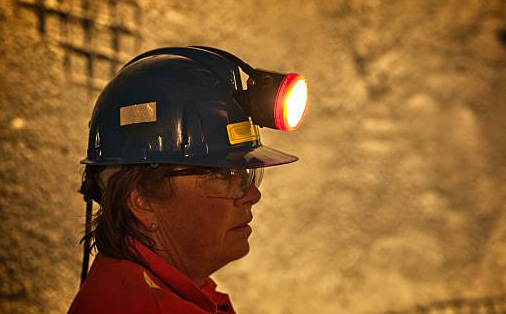






 HOME
HOME A good indication---Coking coal price jumps to six-year high
A good indication---Coking coal price jumps to six-year high  You May Also Like
You May Also Like
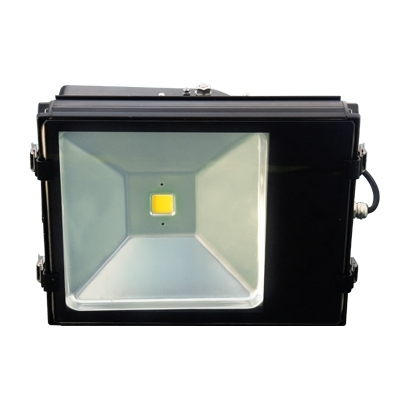

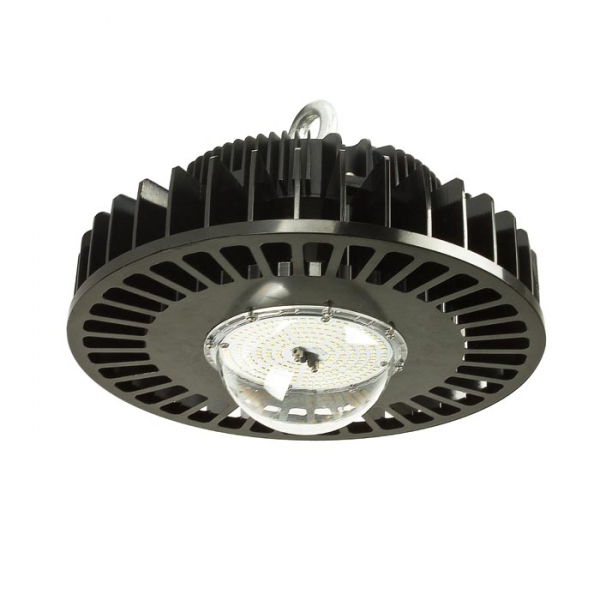
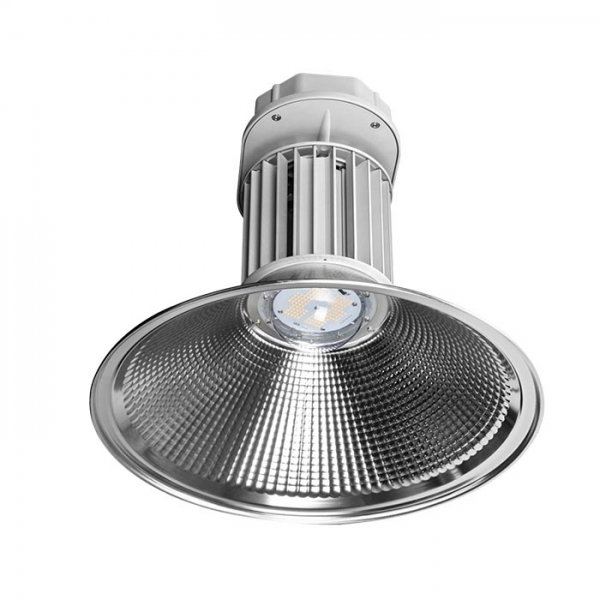
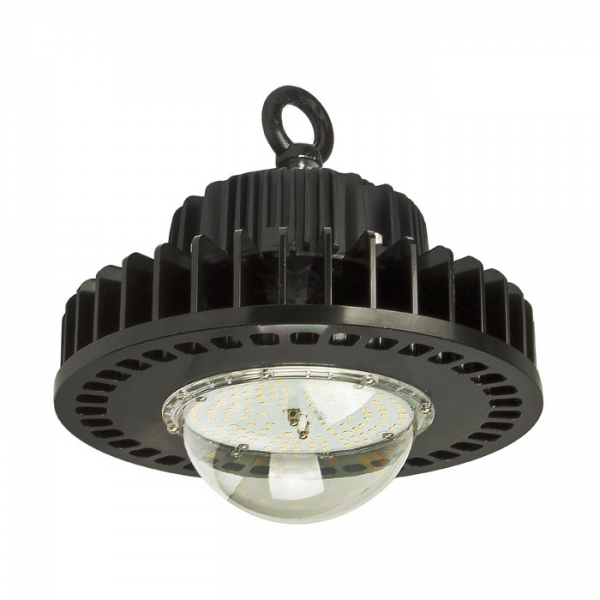
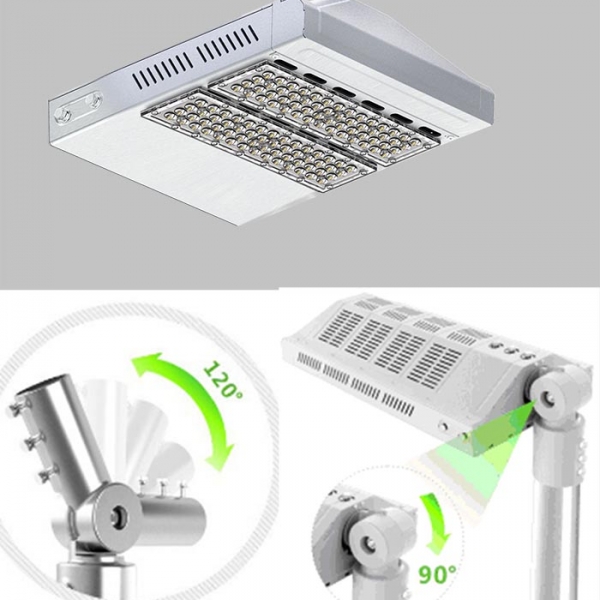
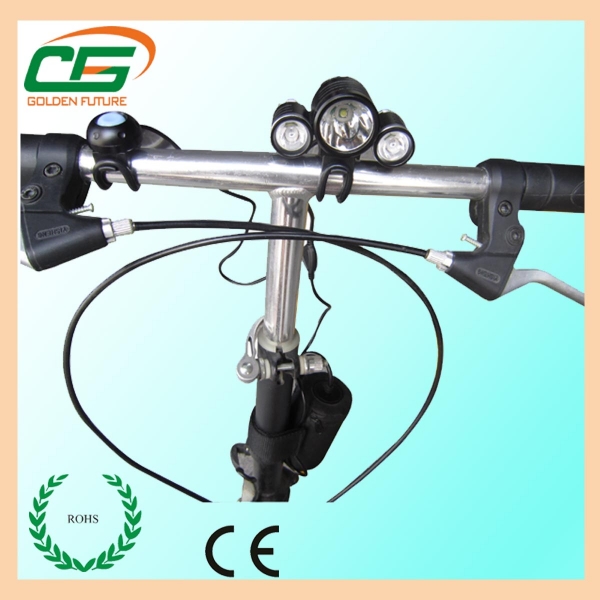
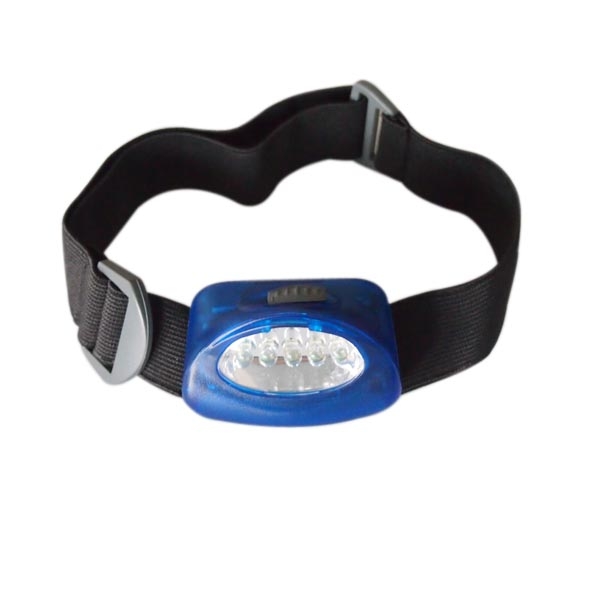
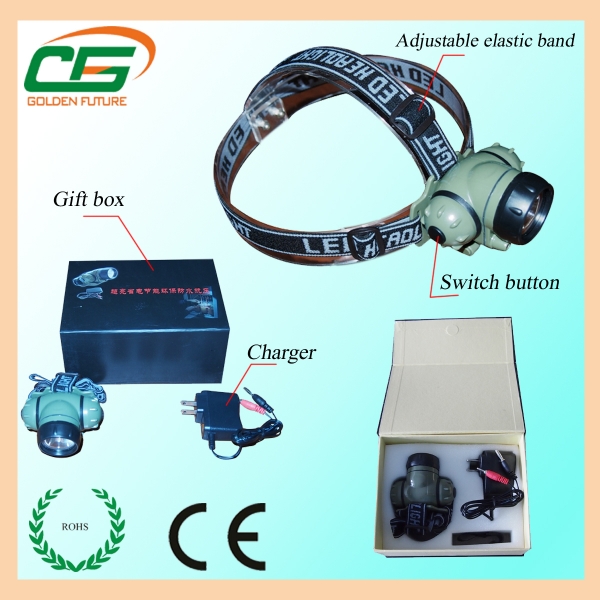
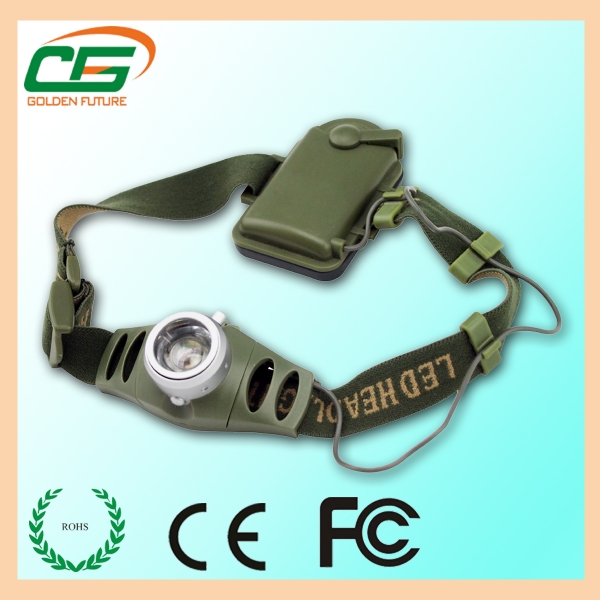
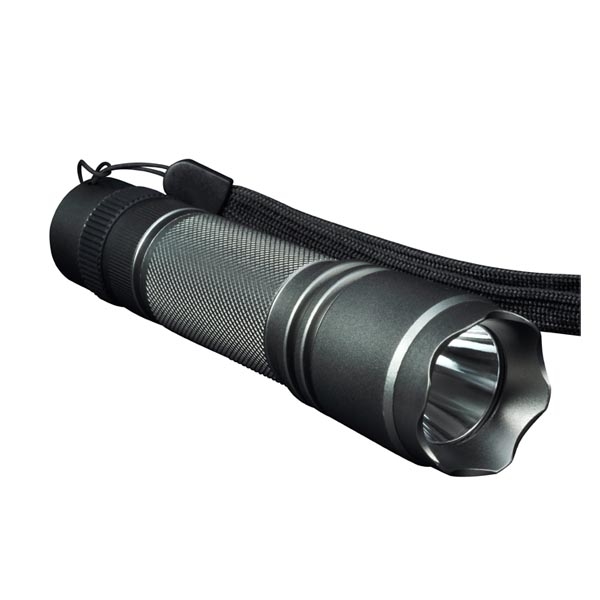
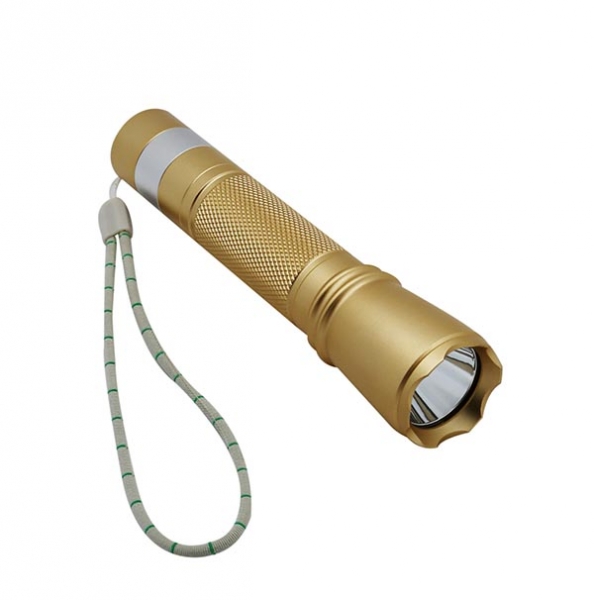
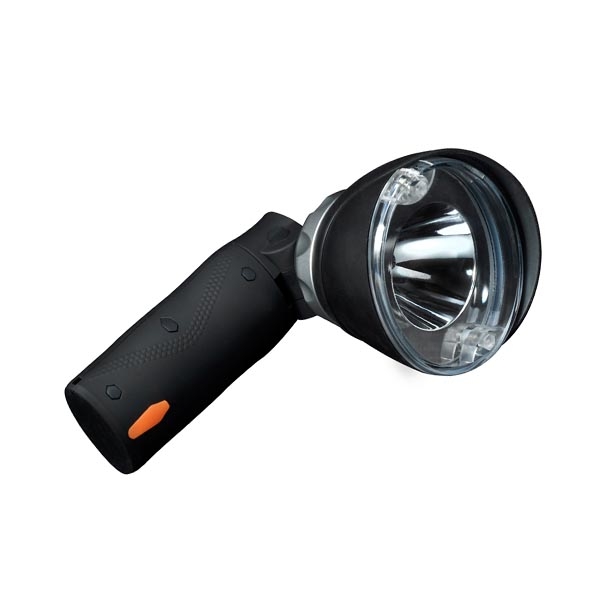
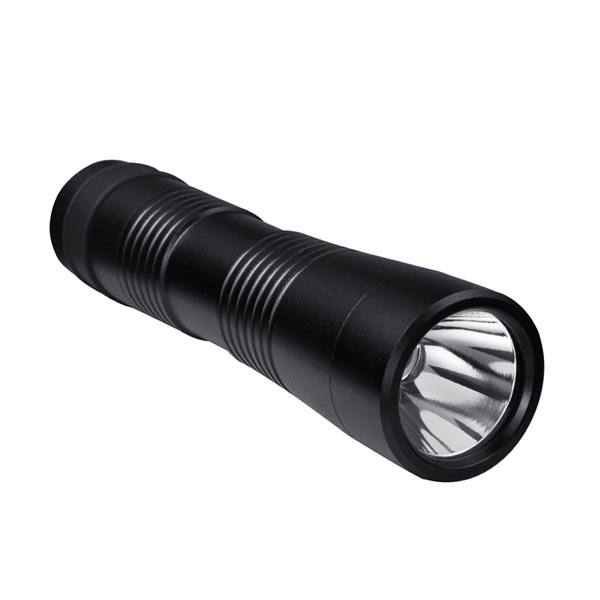
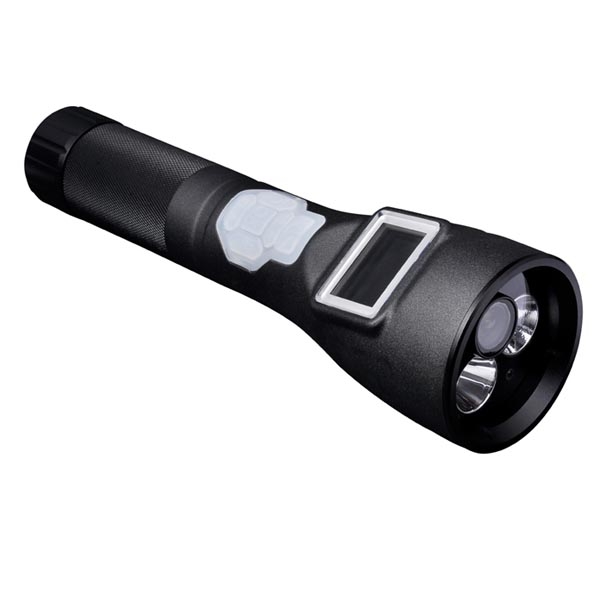
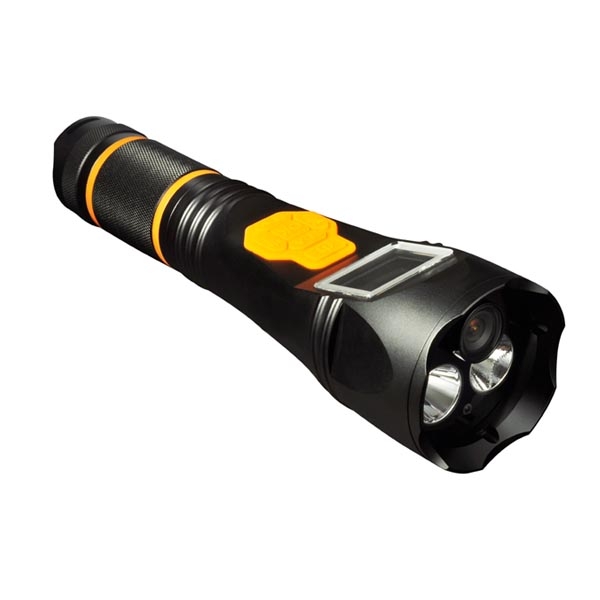
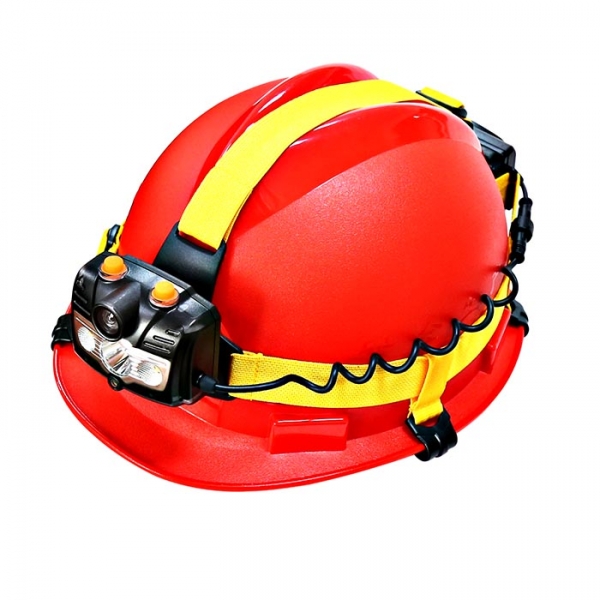
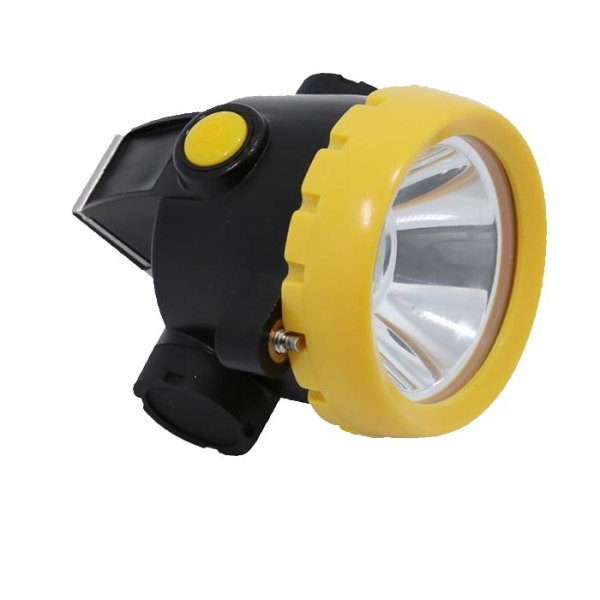
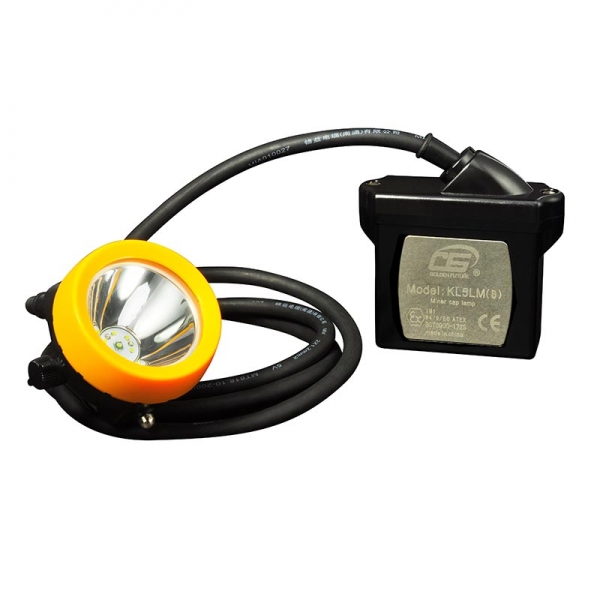
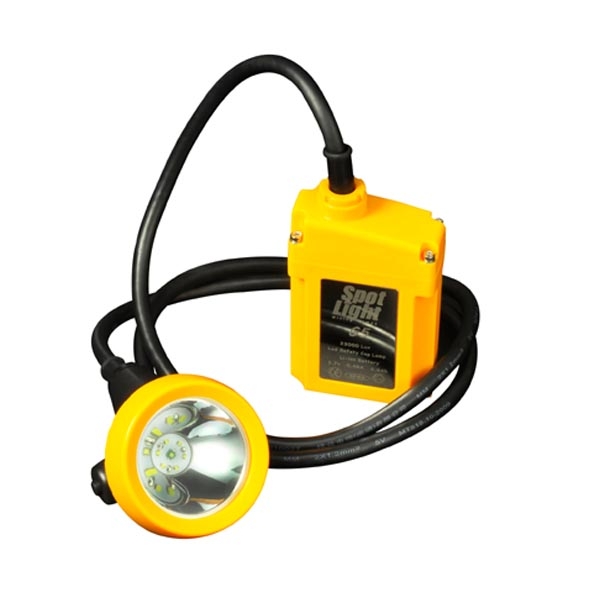
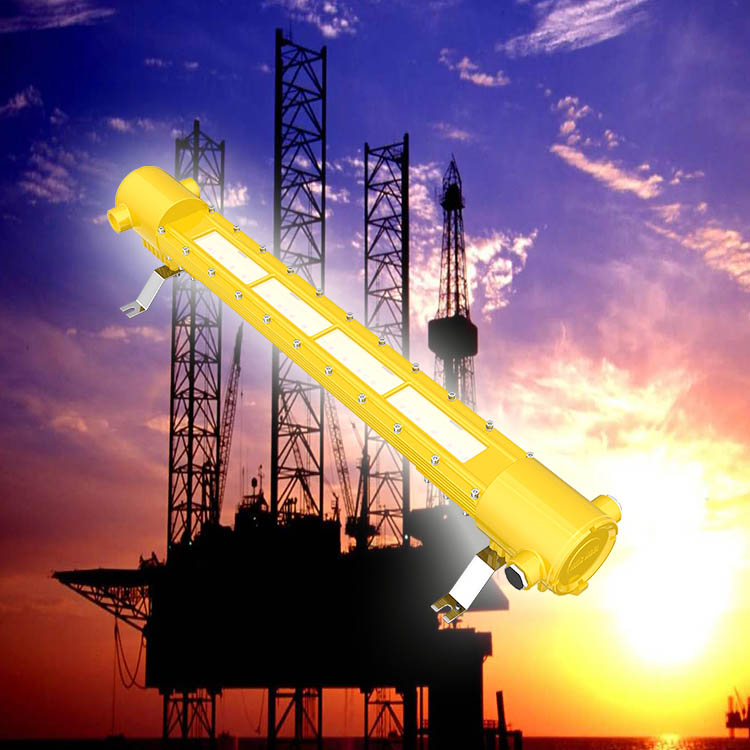

 Tel
Tel
 Email
Email
 Address
Address





